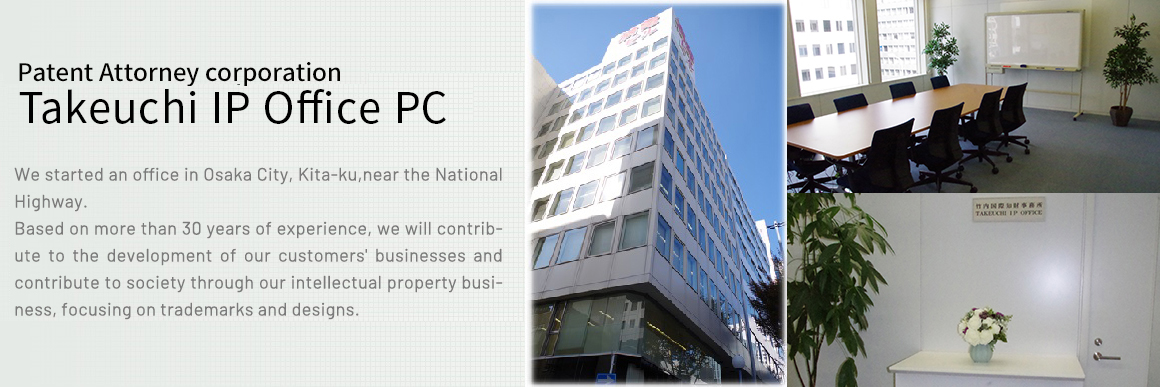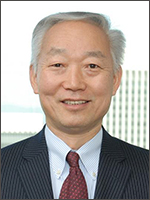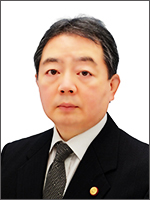I would like to extend my gratitude for your continued support. It has been eight years since Takeuchi IP Office PC was established on January 5, 2017 with the aim of contributing to the development of our clients' businesses through IP work.
Thanks to the support of our clients, we have continued to expand and are now composed of six patent attorneys (Mr. Kozo Takeuchi, Mr. Koichi Matsumoto, Ms. Hisae Fujiwara, Mr. Yasuhiro Suzuki, Ms. Yukari Adachi, Mr. Takemi Yamamoto) and one paralegal. All patent attorneys specialize in trademarks and designs.
Since IP is the cornerstone of a company's success and contributes to the development of its business, our firm would like to contribute to the development of our clients' businesses by providing high-quality intellectual property work. I believe that high quality work is based on proper analysis, strategic proposals, speed, reasonable pricing, and sound administration.
Last year, a consent system was introduced in Japan with the revision of our Trademark Act. In order to incorporate it as a strategy, we invited a US lawyer and two Korean patent attorneys as lecturers and held a "Trademark Consent System Seminar in the US, Korea and Japan” in November 2024. This year, we would also like to hold this kind of international trademark seminar.
We will devote ourselves to handling trademarks, designs and other IP works for the purpose of enhancing development of our clients’ businesses. Thank you for your kind support.
January 2025
Kozo Takeuchi
President, Patent & Trademark Attorney
Takeuchi IP Office PC



